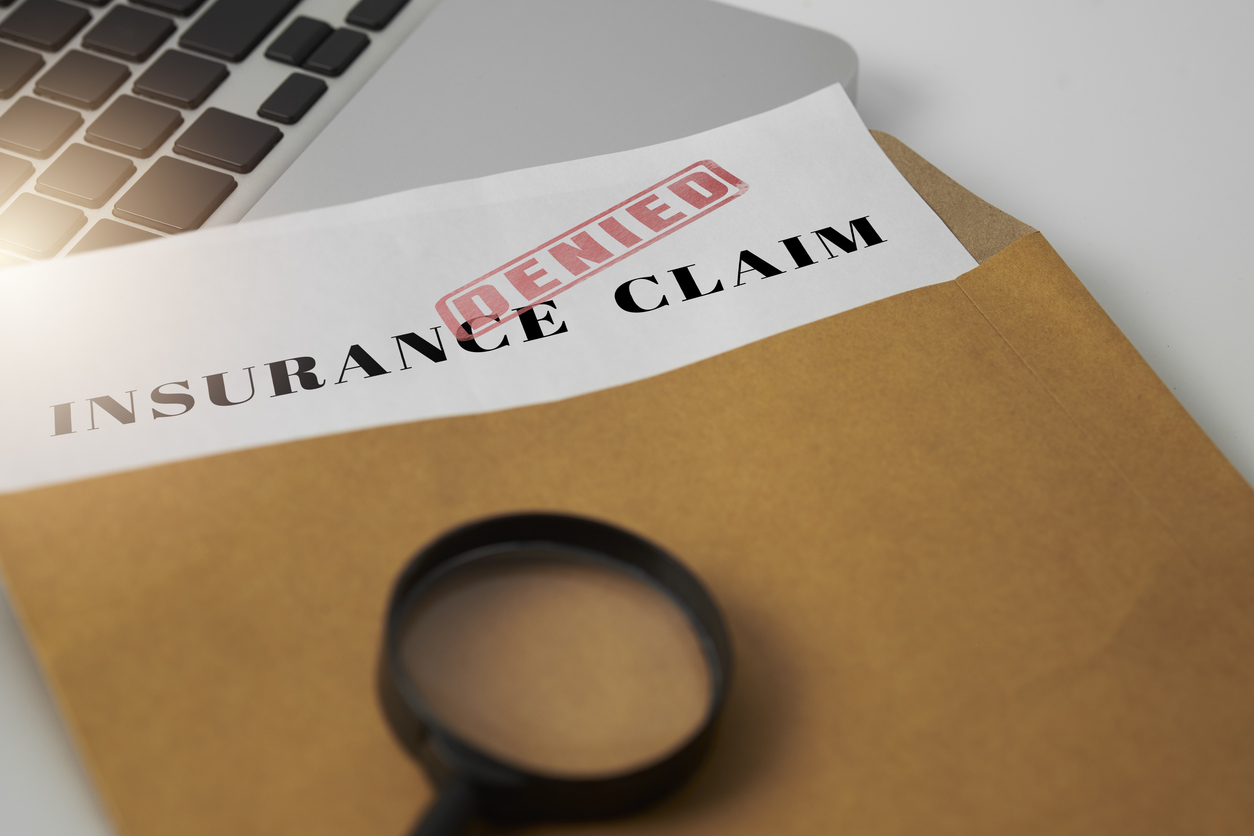The 2013 Florida Legislative Session ended last Friday, May 3rd. When Session began, I did not believe that property insurance would be a big issue given the number of bills that were passed in the previous 2 years – I was wrong. This Session turned out to be one of the most active Sessions with regard to property insurance that I can remember. In Tallahassee, more “activity” by the Legislature in this area usually is a bad thing for consumers. However, the end result this year was a pleasant surprise for insurance consumers.
First, let’s take a look at some changes that COULD have happened:
- Subject Citizens Property Insurance Corporation to bad faith claims;
- Large rate increases for “new” Citizens policyholders;
- Rate increases for existing Citizens policyholders;
- Repeal of the requirement that OIR hold public hearings for rate filings;
- Repeal of current law allowing a policyholder in a sinkhole claim to collect attorney fees if the claim goes to neutral evaluation and the insurer timely complies with the neutral evaluator’s recommendation, but the policyholder declines to resolve the claim and opts to proceed to court and obtains a judgment more favorable than the recommendation;
- Allow homeowners’ insurance policies to prohibit the assignment of rights and benefits; voiding coverage if such an assignment is accepted by a third-party;
- Bar claims for sinkhole loss unless an insurer is notified within a specified period after the date of the sinkhole loss rather than within a specified period after the policyholder knew or reasonably should have known about such loss;
- Establish a “sinkhole repair program” for confirmed Citizens sinkhole claims which further eroded policyholder rights and limited Citizens’ liability to properly repair the sinkhole;
- Authorize insurers taking out, assuming, or removing policies from Citizens to use the corporation’s policy forms and endorsements for a specified time without approval by the Office of Insurance Regulation;
- Authorize Citizens to adopt policy forms that allow the corporation to replace or repair covered damage in lieu of paying the value of the loss;
- Increase Public Adjuster Fees for claims filed against Citizens;
- Various changes to Public Adjuster requirements;
- Require that all new and renewal applications to Citizens, excluding commercial residential, must be submitted to a clearinghouse before the corporation can bind or renew coverage to ensure only eligible policies are bound. Allows surplus lines carriers to participate in the clearinghouse without adequate disclosures;
- Limit the maximum property coverage offered by Citizens.
Notwithstanding the plethora of property insurance bills that were filed this Session, only one bill passed both chambers. Here is a list of what was actually contained in SB 1770 that is awaiting the Governor’s signature after passing the Senate and House:
- Authorize insurers taking out, assuming, or removing policies from Citizens to use the corporation’s policy forms and endorsements for a specified time without approval by the Office of Insurance Regulation;
- Increase Public Adjuster Fees for claims filed against Citizens
- Various changes to Public Adjuster requirements;
- Requires that all new and renewal applications to Citizens, excluding commercial residential, must be submitted to a clearinghouse before the corporation can bind or renew coverage to ensure only eligible policies are bound;
- Limits the maximum property coverage offered by Citizens.
While we didn’t get everything we wanted, the final product that the Governor is expected to sign seeks to reduce the size of Citizens in a fair way. In addition, the bill repeals an unfair fee cap with regard to public adjusters who represent Citizens policyholders.
This year, a coalition of Legislators, individual advocates, organizations, and concerned citizens were able to beat back some very anti-consumer changes. I applaud everyone involved and hope that our successful session can be replicated in the years to come. Bravo!



